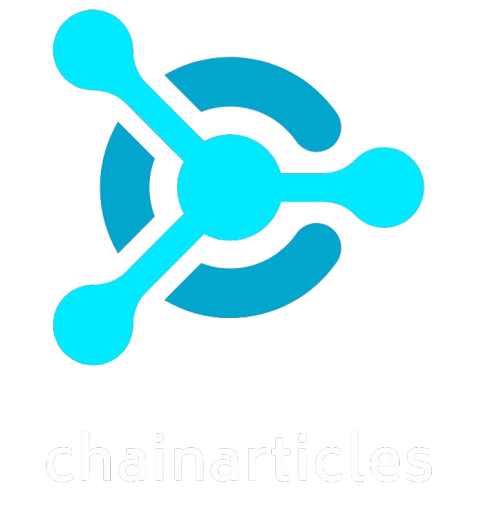Storied investors Accel and Prosus have launched a new investment partnership to back Indian startups from day zero, targeting founders building large-scale solutions with the potential to serve the masses in the South Asian nation.
Announced on Monday, the collaboration marks the first time Prosus is investing at the formation stage. Both firms will co-invest from a startup’s earliest days, with a focus on companies addressing systemic challenges across sectors such as automation, energy transition, internet services, and manufacturing.
India, the world’s most populous country with over 1.4 billion people, is seeing rapid growth in its digital economy. The country has more than a billion internet users and over 700 million smartphone users, making it the second-largest smartphone market after China. The Indian government-backed platforms such as the Unified Payments Interface (UPI) and Aadhaar have created a digital infrastructure that enables startups to build and scale services quickly. Yet much of India’s startup activity to date has focused on adapting global business models, with fewer companies tackling large-scale domestic challenges. The Accel–Prosus alliance is looking to change that.
The partnership expands Accel’s early-stage founder program, Atoms X, launched in July to back what the firm calls “leap tech” startups — companies working on large-scale, systems-driven problems.
“We feel now the time is right for the Indian startup ecosystem to move from adapting global businesses to creating Indian models that help India leapfrog its journey in becoming a developed country,” said Pratik Agarwal, a partner at Accel, in an interview.
He added that startups working on population-scale solutions often struggle to raise sufficient early capital, given their long gestation periods and the risk of heavy dilution before reaching meaningful traction.
“Hopefully, we are bringing a lot more early capital to them at the right time so that they can make substantial progress without going through several rounds of false starts before they make progress,” he told TechCrunch.
Techcrunch event
San Francisco
|
October 27-29, 2025
Under the partnership, Prosus has committed to match Accel’s investment in each company, with initial checks ranging from $100,000 to $1 million — a figure that could increase over time.
“We could both continue to do our own things in this space, but given how large the ambition is with these founders, and given how difficult a problem that they are trying to solve, it made all the sense for us to put our resources together,” said Ashutosh Sharma, head of India ecosystem at Prosus.
Traditionally, Prosus has focused on late-stage investments globally. The Amsterdam-headquartered firm counts Swiggy, Meesho, and PayU among its key investments in India.
While Prosus has committed to matching Accel’s investment in this partnership, Sharma indicated it is not seeking an equivalent equity stake.
“For us, getting that equity in the first round is not important at all,” he told TechCrunch. “If we can truly identify a Swiggy, a Meesho, an iFood, or a Tencent of tomorrow — today — that is success enough.”
The partnership also broadens the scope of Accel and Prosus’s activity in India. In recent months, the two firms have co-invested in startups such as AI-powered tutoring platform Arivihan and low-cost internet service provider Wiom.
“Because of this AI-led disruption that is happening around us, some countries will be disproportionate beneficiaries of this — and some countries will be disproportionate net, net losers,” said Sharma. “Two countries that seem very placed to be beneficiaries are the U.S. and China. Now in that world order, and in that world narrative, what is India’s space? And can India, therefore, as part of this ‘leap tech’ revolution, find the rightful place, not just in AI, but beyond AI, is the other, let’s say, ambition that we have with this program.”
The alliance comes amid growing geopolitical tensions that have disrupted capital flows, technology supply chains, and market access — prompting global investors to reassess where capital can be deployed safely and at scale. With a large domestic market, expanding digital infrastructure, and a deepening pool of technical talent, India is increasingly seen as a strategic priority in this landscape.
“India’s place in the global economy and the geopolitical system is such that India needs to chart and accelerate its path like a self-sovereign, independent, developed country,” Agarwal told TechCrunch.
Accel has already backed more than 40 startups through its early-stage program, Atoms. Over 30% of them have gone on to raise follow-on funding from external investors, with Accel itself leading more than half of those rounds.
VC funding in India fell 25% year-over-year to $4.8 billion in the first half of 2025, per Tracxn, with late-stage deals dropping 27% to $2.7 billion and early-stage funding down 16% to $1.6 billion.
Still, India remains a key focus for global investors, driven by its large population and expanding digital adoption. In September, eight U.S. and Indian VC and private equity firms — including Accel, Blume Ventures, Celesta Capital, and Premji Invest — formed a coalition to back deep tech startups with over $1 billion in commitment. The Accel–Prosus partnership is the latest example of how global VCs continue to place long-term bets on India.





